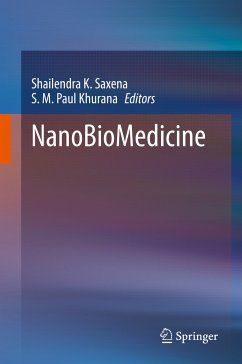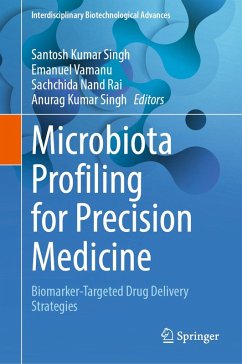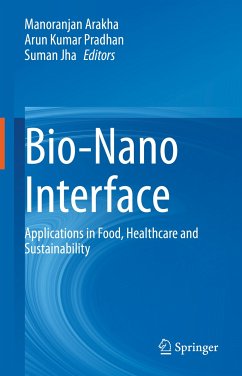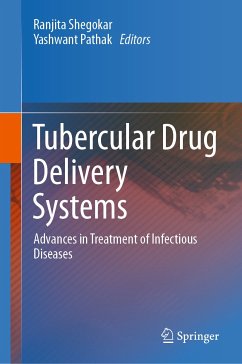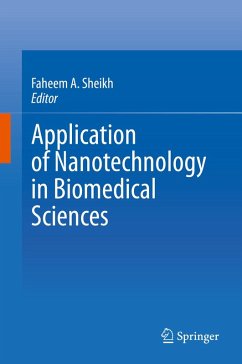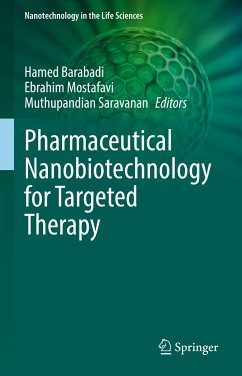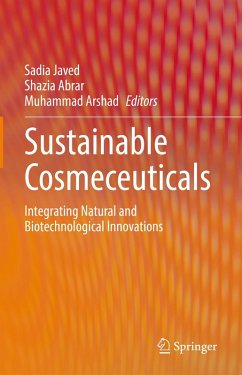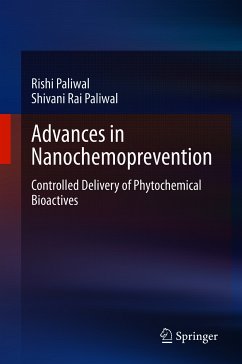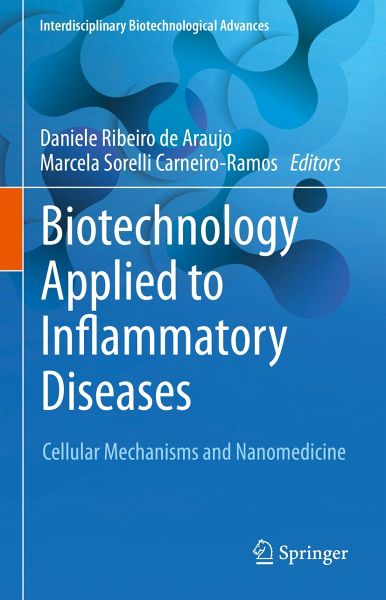
Biotechnology Applied to Inflammatory Diseases (eBook, PDF)
Cellular Mechanisms and Nanomedicine
Redaktion: Ribeiro de Araujo, Daniele; Carneiro-Ramos, Marcela
Versandkostenfrei!
Sofort per Download lieferbar
176,95 €
inkl. MwSt.
Weitere Ausgaben:

PAYBACK Punkte
88 °P sammeln!
Biotechnology involves an interdisciplinary science that provides an interface between biological, molecular and cellular aspects of living organisms with broad technologies applicable in the fields of health, environment and materials. This book "Biotechnology applied to inflammatory diseases: Cellular mechanisms and nanomedicine" is focused on elaborating especially on two trendy areas from Biotechnology. In this volume, different inflammatory pathologies in terms of cellular and molecular mechanisms are characterized to better understand the science behind current precision medicine. The se...
Biotechnology involves an interdisciplinary science that provides an interface between biological, molecular and cellular aspects of living organisms with broad technologies applicable in the fields of health, environment and materials. This book "Biotechnology applied to inflammatory diseases: Cellular mechanisms and nanomedicine" is focused on elaborating especially on two trendy areas from Biotechnology. In this volume, different inflammatory pathologies in terms of cellular and molecular mechanisms are characterized to better understand the science behind current precision medicine. The second part of the book focuses on the main biotechnological advancements for the understanding of the molecular mechanisms involved in the progression of various types of inflammatory diseases, highlighting up-to-date contributions of nanomedicine. The reader will be able to explore the utilization of technologies for various inflammatory diseases and will be able to enable an engaging and valuableknowledge for further research and clinically applied scenarios.
Dieser Download kann aus rechtlichen Gründen nur mit Rechnungsadresse in A, B, BG, CY, CZ, D, DK, EW, E, FIN, F, GR, HR, H, IRL, I, LT, L, LR, M, NL, PL, P, R, S, SLO, SK ausgeliefert werden.



